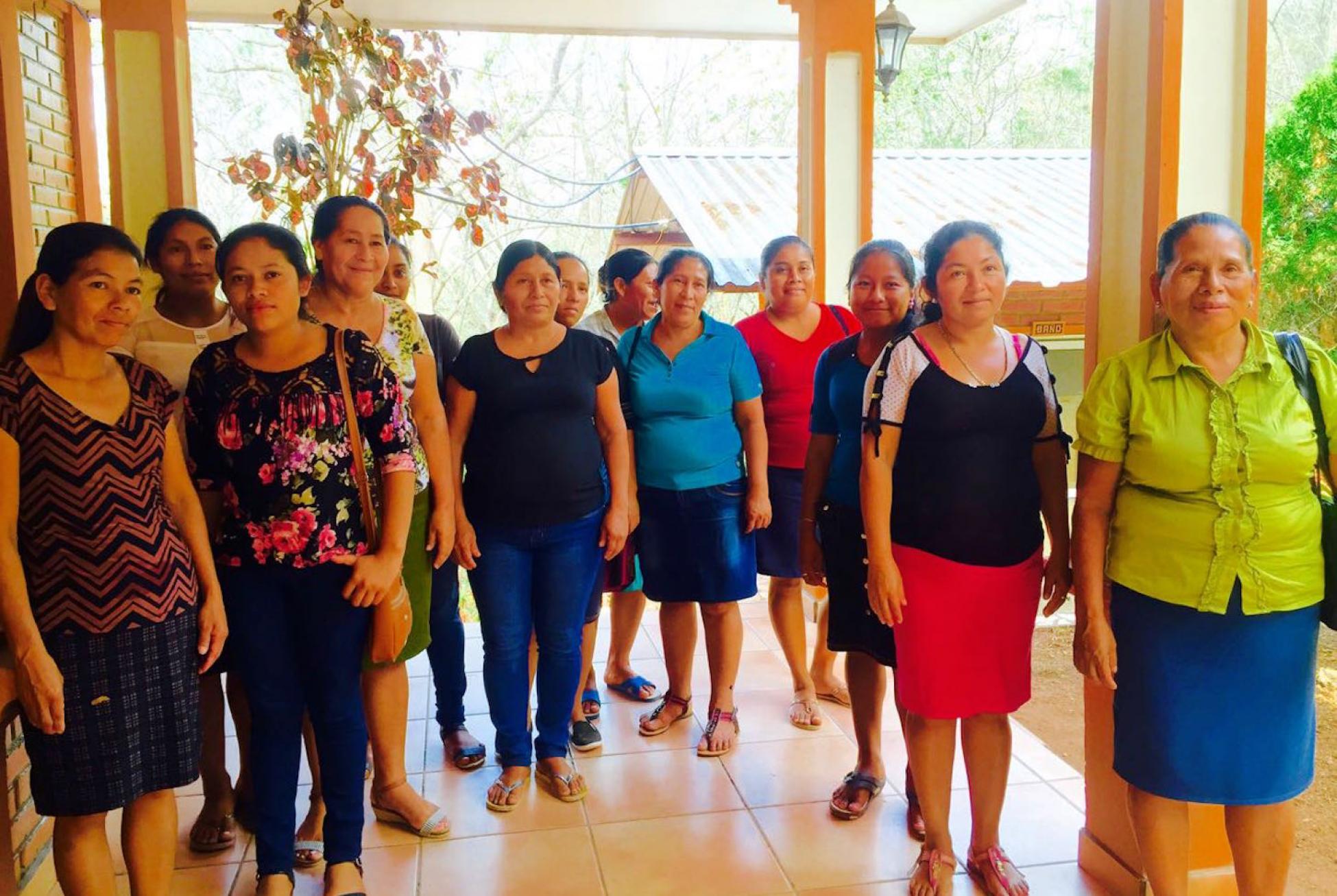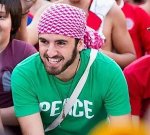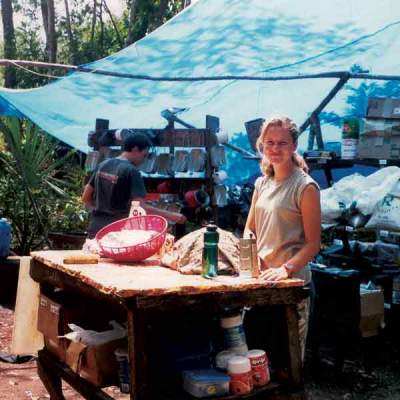Recently, OCDIH, in partnership with Diakonia-EuropeAid (a development arm of the European Union), initiated a region-wide program aimed at providing access to justice and assistance for “women survivors of violence.” A great portion of the project is geared towards women’s rights issues and addressing domestic abuse.
At face value this may not seem to be specifically related to indigenous people’s rights, but in practice the promotion of women’s rights improves the conditions of local indigenous communities.
For one, women and children often bear the brunt of the hardship, abuse and injustice that many of the communities face on a daily basis. Yet, despite this, indigenous women continue to play an enormous role in shaping and maintaining the family unit, and the makeup of their communities. Women of the Maya Chorti nation are are generally responsible for the transmission of traditional knowledge, indigenous costumes and culture to future generations. Traditionally, they are the primary educators of the youth (both as mothers and teachers), and the healers within a community.
Suffice to say, women of indigenous nations have been at the forefront of promoting indigenous peoples' culture, belief systems and rights. This is exactly why assisting women almost always implies a large positive impact on the population as a whole. As more women find access to justice their role as healers, teachers, community organizers and the primary elements of the family unit is strengthened. The end result is an overall improved standard of living for the whole community.
Supporting local women
With this in mind, the organization that I'm volunteering with (Cuso international and our OCDIH partners) is taking a keen interest in the above mentioned initiative and its potential benefits for the women of the Maya Chorti nation. Working closely with community members, we have high hopes that with improved political, economic and social conditions for Mayan women, the positive effects will empower the communities at large.
Systematic discrimination against Maya Chorti indigenous peoples is a fact of life in local communities, and the most adversely affected victims are women.
Here in Copán, my colleagues and I were pleased to help launch the very first meeting of this program aimed at providing access to justice for women and stemming violence against them. My role as an advisor in indigenous peoples rights is to help harmonize our organization's efforts towards indigenous peoples issues. Working in coordination and close proximity with community leaders and local organizations (such as the representative organization for the Maya Chorti nation) is essential in any development project concerned with indigenous peoples affairs. Through this partnership, we hope that the political, economic and social conditions of women can be improved and that the Maya Chorti community at large can be empowered.
A healing ceremony
Our first encounter with the women leaders of the Maya Chorti communities was held in early April at the invitation of my OCDIH colleague. I helped prepare a presentation on indigenous peoples and human rights, while my colleague facilitated a round table discussion. Concerns from the attendees focused on discrimination based on gender, culture and ethnicity; the lack of organization and unity; harassment and/or abuse at work and at home; and the lack of solidarity. Systematic discrimination against Maya Chorti indigenous peoples is a fact of life in local communities, and the most adversely affected victims are women.
The leaders present at the meeting also organized a healing circle, where everyone got a chance to share their stories and intentions with the group. The presence of a healing circle is important to many indigenous communities as it represents a unique approach to holistic wellbeing. It signifies a connection to the land, our ancestors and unity with the community. Additionally, it provides a safe space for individuals to share their traumas, pains and ideas. Incorporating elements of indigenous culture—such as healing circles—is an important component of working in the field of indigenous peoples' rights.
However, I was concerned when my colleague opened the meeting with a long Christian sermon. I was wondering how well our attendees—many of whom may not share the same spiritual values—would appreciate such a demonstration of faith. The history of religious prosecutions and colonization that has befallen indigenous people of the Americas makes proselytizing a very touchy issue in this part of the world. I believe that religiously affiliated organizations such as OCDIH should proceed with extreme caution while working with indigenous people. Instead of advocating a particular religious perspective, more resources should be devoted to helping promote the indigenous peoples’ own sense of spirituality.
The circle of learning
As our meeting drew to a close, it was an ideal opportunity for me and our organization to learn more about the Mayan culture and society. Given that the women in the local communities play such a major role in shaping the indigenous identities of the region, we were honoured to receive their wisdom and insight.
Likewise, the message of the project was well received. Ensuring that women can have their basic needs and their fundamental rights met is in harmony with traditional cultures of the Mayan communities. This is precisely because traditionally position of women, mothers, grandmothers and concepts of feminine virtues is held in high esteem among the indigenous traditions of the Maya and the Americas.
I was greatly honoured to have been part of this important dialogue. You can be sure that for the next few months, we will be busy researching and promoting access to justice and women’s rights in the Copán region. Time will tell if our efforts will bear fruit, but we already know for sure that the awareness and determination of the local indigenous communities are here to stay.
Add this article to your reading list




